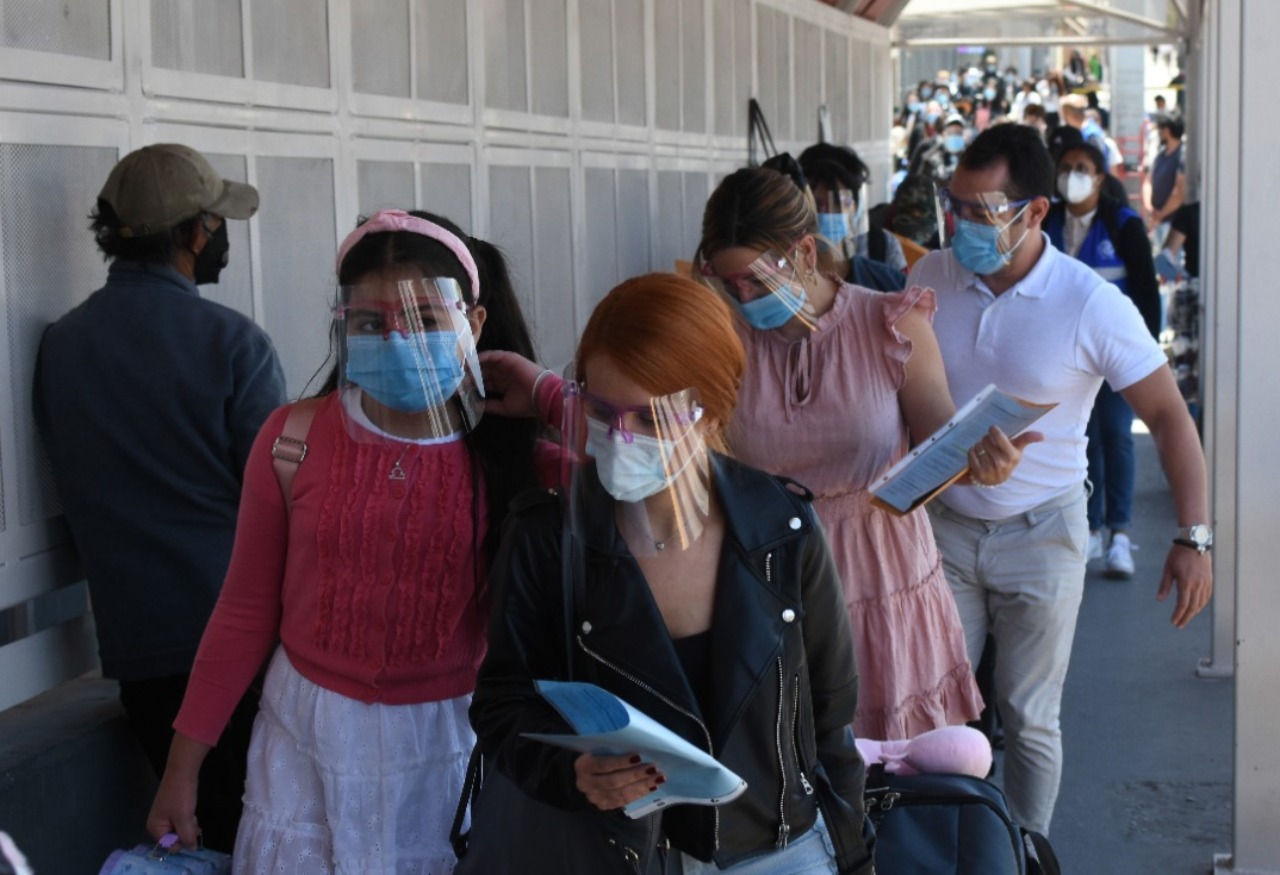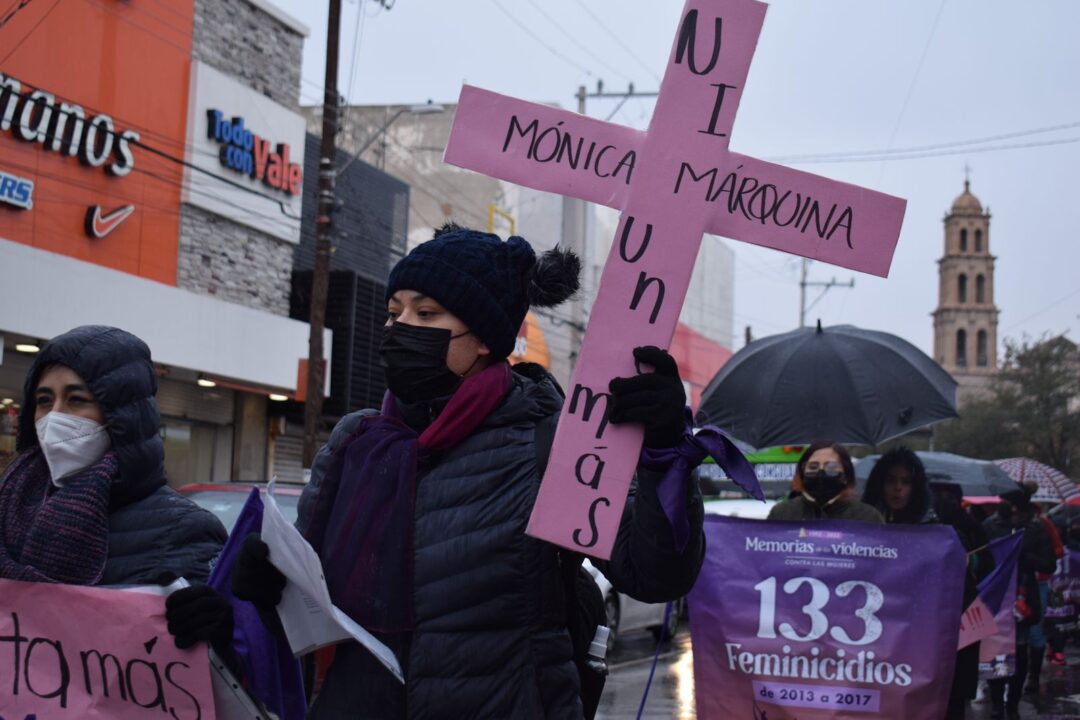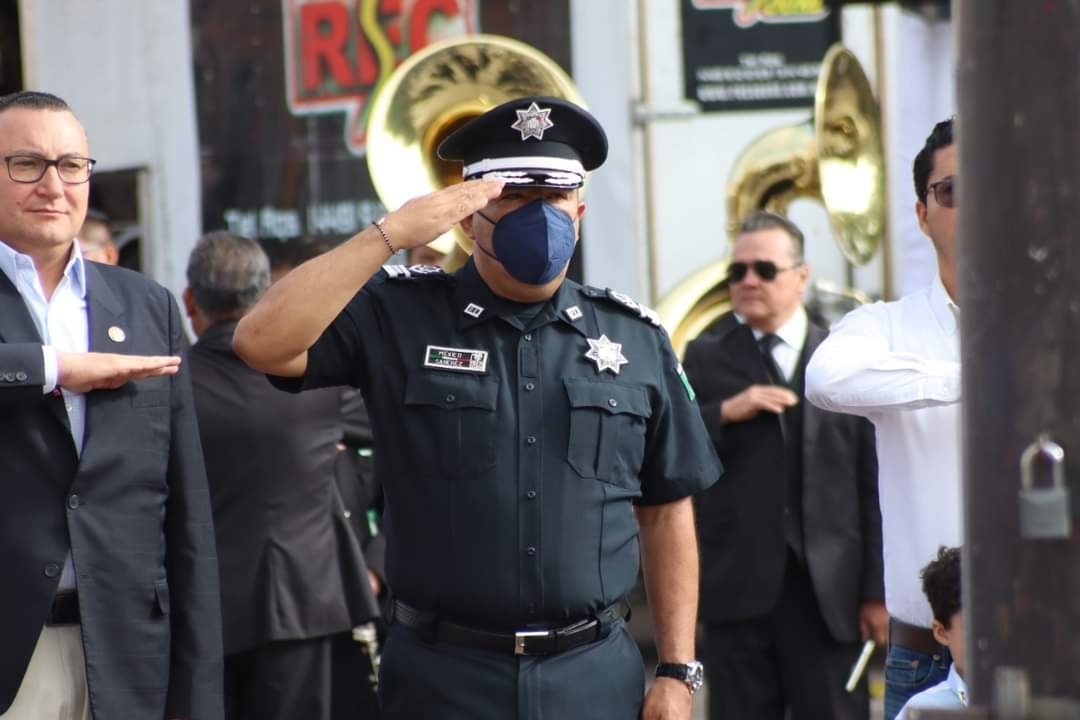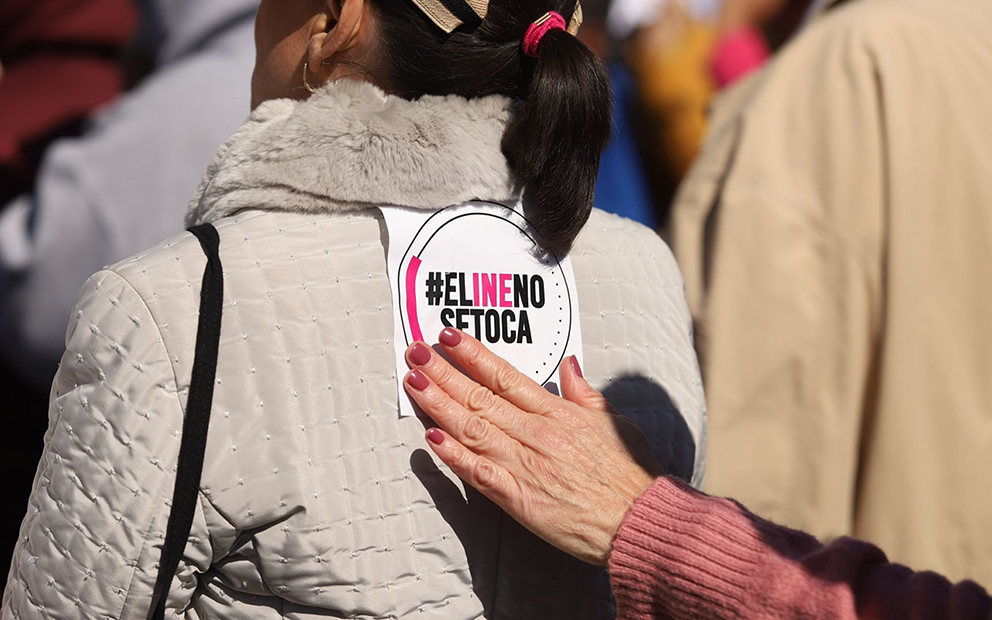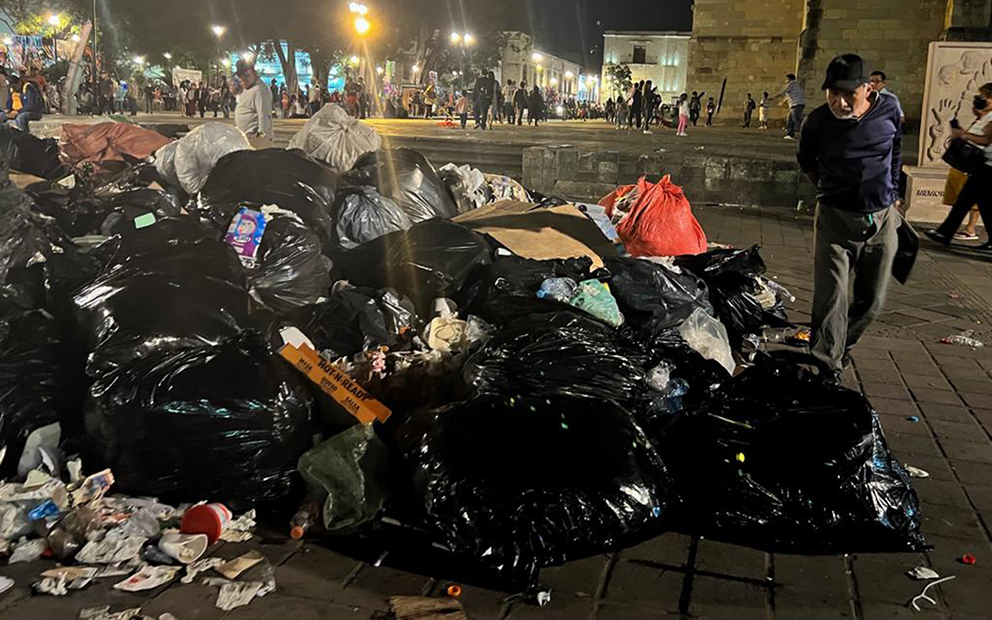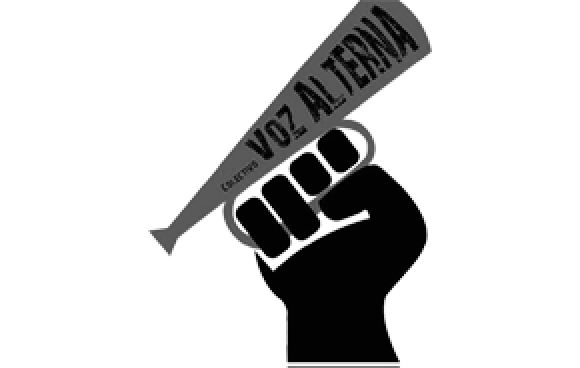Ciudad Juarez is the city from which the most migrants seeking humanitarian asylum have crossed to the US since the Remain in México program was eliminated. More than 4,000 people have crossed from the city since February 26th
Text: Véronica Martínez, originally published May 14, 2021.
Translation: Dawn Marie Paley.
CIUDAD JUÁREZ–Nearly three months after the first migrants crossed under the Migrant Protection Protocol, also known as “Remain in Mexico,” 87 per cent of those eligible have crossed over to the United States.
Data provided by the representative of the office of the United High Commission for Refugees (UNHCR) indicates that up to Tuesday, May 11; 10,455 people had been assisted, out of a total of 12,000 that meet the criteria of the US government to enter the country and initiate asylum proceedings.
Non-profit organizations in El Paso have provided legal services to migrants who are still in Juarez. Some organizations, like Diocesan Migrant & Refugee Services (DMRS) have already finished with all of the cases they represented.
Prior to February 2019, asylum seekers entered into US territory in order to attend their court dates. For Melissa Lopez, director of DMRS, helping migrants in Ciudad Juarez was a challenge.
“We’re lawyers in the United States and don’t necessarily have the permission or licenses to practice in México,” said Lopez, who is a lawyer.
In order to adapt to the MPP program, DMRS applied to a fund that covered the expenses that were required to send a lawyer who understood US migration law and who could practice in the US.
The funding came from the Hebrew Immigrant Aid Society (HIAS), but ended in April, together with the last cases represented by DMRS.
According to UNHCR data, since February, 17,566 people registered for CONECTA [in order to continue with their asylum process and prepare to enter the US]. Tamaulipas had the largest number or registries, at 32 per cent, and Chihuahua had 31 per cent.
Ciudad Juarez continues to be the border city where the most people seeking asylum have crossed. Until Tuesday, May 11, 4,069 people had been assisted in crossing by the International Organization for Migration (IOM).
“We’re working to update [our registry of] the number of people who are still in Ciudad Juarez, given that there were people who crossed but didn’t originally register here, and because we haven’t been able to reach everyone,” said Silvia Garduño, head of public information with the UNHCR.
The agency estimates that there are still about a thousand people in Ciudad Juarez waiting to cross over to El Paso, Texas.
Pending cases include people who have not been able to contact the UNHCR, families with mixed eligibility, inactive cases, people who are not under MPP who need special processing, and families who are still completing their documentation.

Local groups react to the lawsuit to reinstate MPP
In mid-April, the Attorneys General of Texas and Missouri states, Ken Paxton and Eric Schmitt, introduced a lawsuit against the administration of actual president Joe Biden for suspending the MPP program. According to the document, Texas and Missouri allege that the suspension has led to additional costs for the states.
The White House has not published an official declaration about the lawsuit, nor has press secretary Jen Psaki commented about it. The US Department of Homeland Security did not give a statement about the litigation.
Melissa Lopez, the director of DMRS, mentioned that bringing back the protocol would put the migrant population at risk. This population is already extremely vulnerable to crimes like extortion, kidnapping and otherwise on the part of coyotes.
“We are working with people who are in a very difficult situation, it’s very difficult to represent them and prepare them to present an asylum case before a judge when they aren’t in a stable situation,” she said.
Migration lawyers and activists who work for the rights of migrants are also against the lawsuit to reinstate MPP.
Fernando Garcia, director of the Border Network for Human Rights, says the lawsuit is based on false arguments and goes against the 14th Amendment.
“MPP is a disastrous program in terms of human rights,” said Garcia. “This narrative is part of a strategy against immigrants and refugees on the part of Texas.”
Texas and Missouri argue that both states have faced increased costs because they have had to invest more funds in operatives against organized crime and human trafficking. The impacts are felt not only in relation to the border, but also in connection with social services like education, health and housing.
“People without legal documents don’t have access to those services, regardless, they pay taxes,” Garcia pushed back.
Helena Olea, a lawyer who is the director of the Alianza Americas program, also mentioned that the arguments of the lawsuit are not persuasive. Alianza America promotes support and activism in migrant communities.
“[The government] of the United States has the capacity and the resources to process those seeking asylum at all their ports of entry. There is no reason whatsoever to reinstate MPP,” she said.
Olea, who is a lawyer specialized in international human rights, said the MPP violates the Refugee Act, and ignores the US’s responsibility to receive anyone who is seeking humanitarian asylum.
Lopez says that most of the help available for immigrants who arrive to El Paso comes from the federal government and from organizations like DMRS, which receives funds from the Esperanza Border Institute via the Border Fund to Support Refugees.
“The MPP is a program that completely limits the rights of migrants who are fleeing their countries and come to seek asylum,” said Lopez. “If this program is reinstated, it would represent a lack of justice for everyone.”
This report was originally Published in La Verdad, Periodismo de Investigación, which is part of the Media Alliance organized by Red de Periodistas de a Pie. You can read it here.
Click here to join Pie de Página’s bi-weekly English newsletter.
Ayúdanos a sostener un periodismo ético y responsable, que sirva para construir mejores sociedades. Patrocina una historia y forma parte de nuestra comunidad.
Dona

